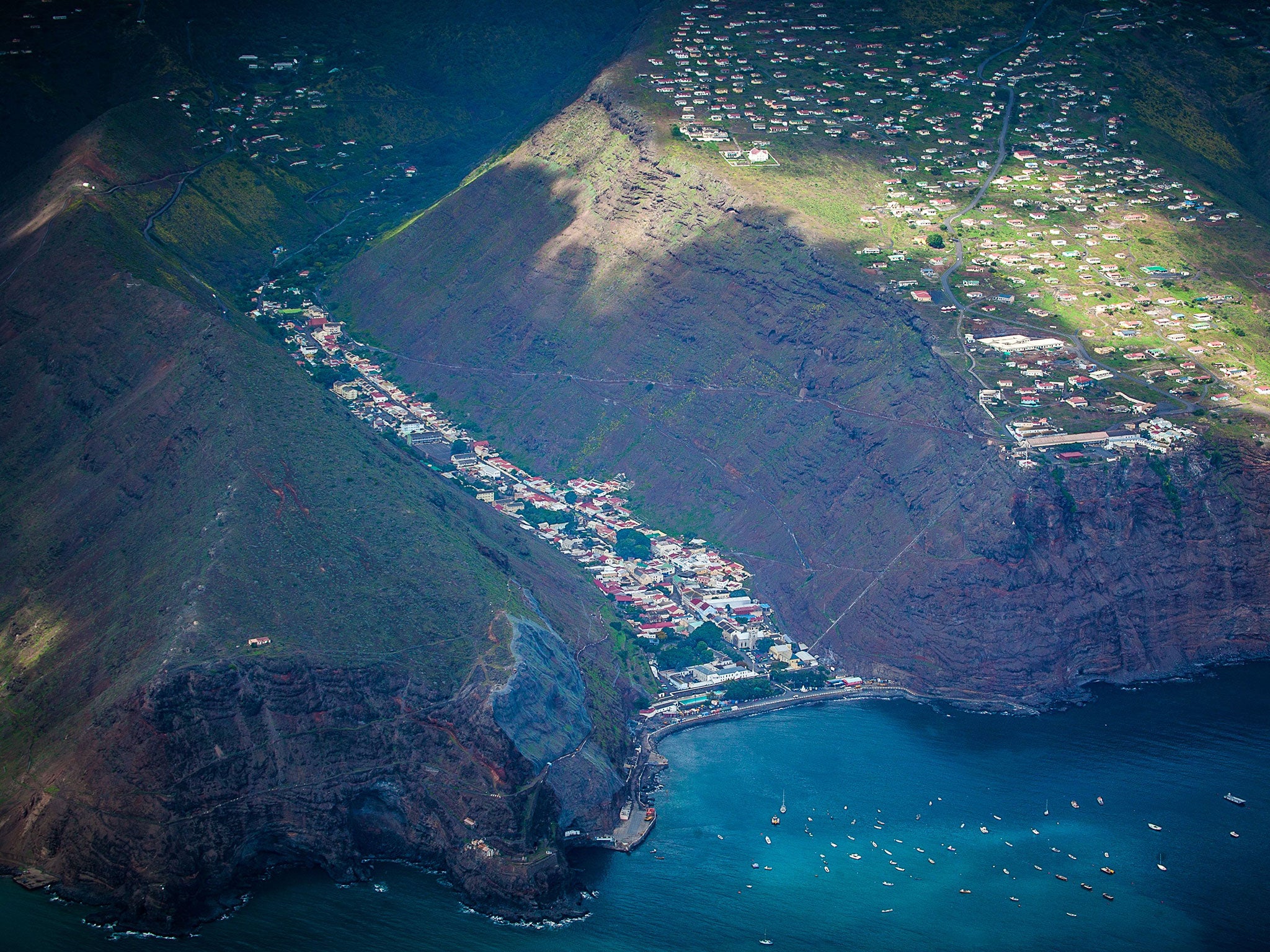St Helena child abuse claims dismissed as 'gross distortion of reality'
Inquiry says social workers' allegations and reports labelling territory 'paedophile's paradise' were 'totally misleading'

Claims by social workers of endemic child abuse and a government cover-up in the British overseas territory of St Helena were dismissed as a “gross distortion of reality”, a year-long inquiry has revealed.
Barrister Sasha Wass QC, who led the investigation, said allegations of widespread abuse and press reports, which labelled St Helena as a “paedophiles’ paradise”, gave a “totally misleading” picture.
The senior barrister berated “whistleblower” social workers for making claims “in order to deflect from their own incompetence and wrongdoing”. Ms Wass found “no truth” in any of the allegations and that no cover-up by either the UK or St Helena governments had taken place.
However, the 307-page report did find evidence of “system failings by social services and police in the past” and a “lack of understanding” of child safeguarding in some cases. Among the concerns raised was an incident where a disabled adult was “literally left to waste away”.
The Foreign Office launched the inquiry last November announcing that it, along with the Department for International Development and the Atlantic island’s government, faced investigation. Concerns about police corruption and child sexual exploitation had been raised by then Lib Dem MP John Hemming and by former St Helena Government employees.
The report also strongly criticised the findings of a previous investigation by the Lucy Faithfull Foundation charity in 2013. The Government commissioned report found that “the grooming of girls in their early teenage years by older men was seen as being a significant issue which needs comprehensive attention”.
Ms Wass dismissed the Foundation’s findings as “biased and distorted”.
She said: “Sweeping and unsubstantiated allegations were made against named police officers. Rumour was repeated as fact and none of the targets of this irresponsible reporting were ever given the opportunity to respond to the accusations made against them.”
The UK government has given £1.2m to help improve services and Ms Wass said “significant progress” had been made in child protection on the Atlantic island. St Helena and its dependencies - Ascension Island and Tristan da Cunha - are about midway between Africa and South America in the South Atlantic Ocean and have an overall population of about 4,000.
Though far from each other, they form a single territorial grouping under the sovereignty of the British Crown.
Ms Wass said: “There was child abuse on St Helena but it was confined to isolated pockets of the population and involved a limited number of problem families.”
She also found signs that the unusual population profile of the island - where young adults often left to find work - had resulted in cases of underage sex, but said: “The relationships… are not portrayed as the type of abusive or exploitative relationships such as one might find in the well-publicised Rochdale, Rotherham and Oxford cases in the UK.”
Mr Hemming told the Independent he would have to study the findings of the Wass Inquiry before he could comment.
Bookmark popover
Removed from bookmarks